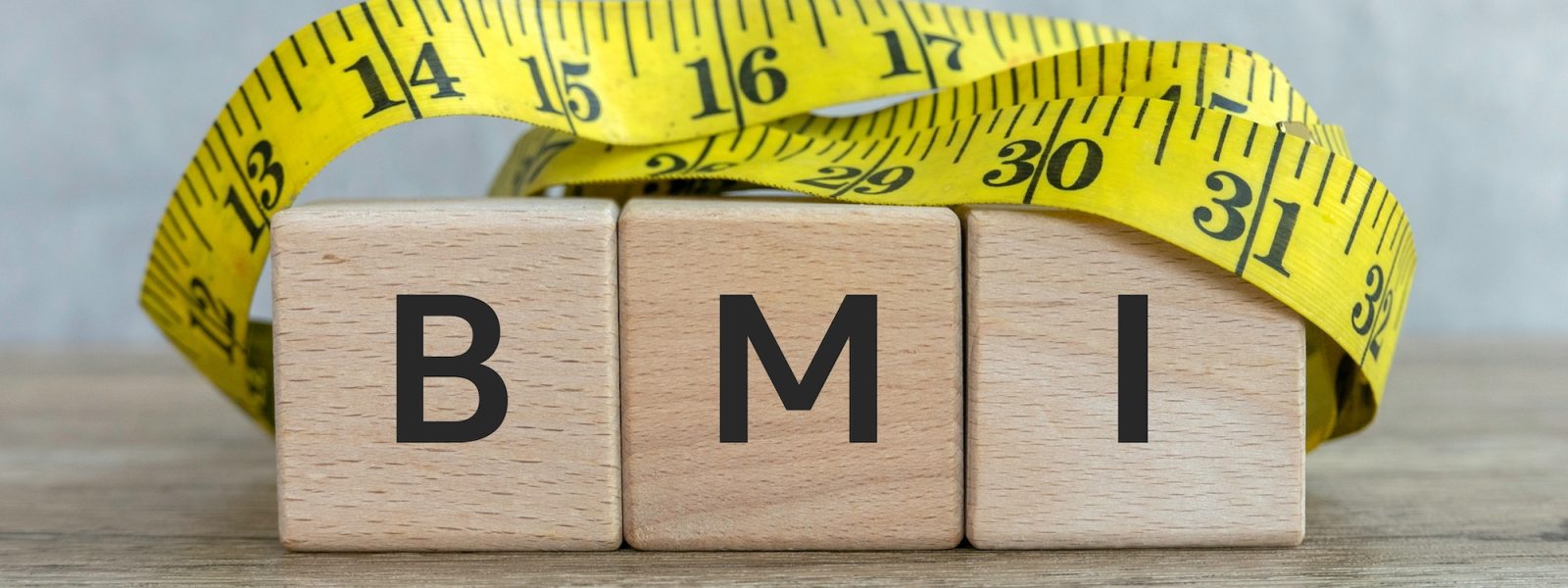Fatphobia: how bias and assumptions harm patients and undermine quality of care – a personal reflection

In this powerful personal reflection, HEEC Citizen Panel member Marianne Rodie explores how fatphobia pervades health care, leading to harmful assumptions, misdiagnoses, and discrimination against fat patients. She calls for a shift toward compassionate, bias-free care that prioritises individual health needs over body size.
“Hey Fatty!” This is how Steve Miller, host of the 2010 TV show ‘Fat Families’, greets a child. I doubt anyone would have signed up for the programme if they knew the level of humiliation that they would endure in the name of ‘health’. Diet-centric programmes have existed for decades, the premise always being that when fat people lose weight, their lives are completely changed for the better, life spans increase, and relationships, employment, and mental health improve. In contrast, fat people are presented as stupid, lacking willpower and lazy. This representation infiltrates every sector of society, including our healthcare system. This is fatphobia, and it is everywhere.
Throughout this blog, I will use the word ‘fat’ in a completely neutral way. I don’t see fatness as a negative, but purely as a descriptor, just like ‘blonde’ or ‘tall’ would be used.
Fatphobia or weight discrimination is the unjust experience of being treated unfairly because of one’s body size and/or how much a person weighs. Teasing or bullying someone for their weight is just one aspect of weight discrimination, which also includes receiving worse healthcare, being less likely to be hired for jobs, and being subjected to harmful media stereotypes. (Definition from the Center for Health Communication, Harvard T.H. Chan School of Public Health)
Fatphobia in the medical field is an aversion to fatness and the idea that being fat is inherently unhealthy and therefore bad, while being thin is healthy, and therefore good.
One example of fatphobia’s ubiquitous influence in our NHS is the widespread use of the Body Mass Index (BMI) scale.
Looking at the history of the Index, we find that Adolphe Quetelet developed the BMI scale in the 1800s. He used a small group of white athletic men to develop a formula to calculate a person’s ‘ideal’ weight. Quetelet’s work and ideas laid the ground for the later development of eugenics. He based his work around the ‘ideal man’, believing poor health and disability to be innately inferior. His work was bound up in the popular scientific belief of the time that being fat, too, was fundamentally inferior. Fatness was often associated with women of colour, particularly the “big bellies” of African tribeswomen, reflecting how fatphobia has been rooted in both racism and misogyny. In 1972, Ancel Keys devised the modern BMI scale based on Quetelet’s work, but he also only measured male and younger bodies. In 1998, the National Institute of Health in the US, adopting the World Health Organization guidelines, reduced the cut-off point between ‘normal’ and ‘overweight’ to a BMI of 25. This converted millions of Americans from being ’normal’ to ‘overweight’ overnight.
Embarrassingly, the views of eugenics scientists in the 1800s are still informing (at least to some extent) many of the mainstream ideas around health present in our NHS today. Doctors still use the Index, rooted in racist and misogynistic stereotypes, to measure human bodies. Based on these biased measurements, they make assumptions about the causes of ill-health and the care patients should receive. Worse, there are even cases where, due to weight discrimination, they refuse patients access to operations they need (as has happened to one of my in-laws) or refuse patients referrals for investigations or diagnosis (as has happened to friends of mine).
Diet culture goes hand in hand with fatphobia and is just as pervasive in our society. Diet culture equates thinness and the pursuit of thinness to a person’s worth and status in society. If you are fat, you are undesirable and less worthy of love and respect. If you are fat but trying to lose weight, you are viewed more positively than someone who is fat and happy with their body. The fact is, diets don’t work in the long term, as intentional weight loss has a 90% chance of failing. The pressure to go on a diet contributes to eating disorders, poor mental health and negative body image. Diets should therefore never be considered a treatment option. Human bodies need a variety of foods in adequate quantities. Denying your body certain foods or food groups is not healthy or sustainable. The best thing anyone can do for their body is to eat intuitively (i.e., eating what your body needs when it’s needed). No one should ‘earn’ food, and food shouldn’t be labelled as ‘good’ or ‘bad.’
I have a genetic connective tissue disorder called hypermobile Ehlers Danlos Syndrome and have needed the NHS consistently from childhood. I have come into contact with GPs, nurses, consultants, and physiotherapists, all of whom have at some point mentioned my weight as a cause of my health problems. All my female friends have had extremely similar experiences, with some being put off booking appointments altogether.
I recently had an appointment with a neurologist who told me I could lose my eyesight unless I lose weight, due to a condition I might have. After googling, I found that in some cases the condition improved when people lost weight, but this was based on a single study involving only 25 participants while the cause of the positive health impact was unclear. Correlation does not mean causation. Research studies rarely take into account factors like housing, stress levels, mental health, exercise levels, employment and/or other health conditions all of which significantly impact overall health. Weight stigma can actually cause people to put on weight, and experiences of weight and race discrimination can cause long-term health conditions. I have often encountered doctors who assume that if you’re fat, then you don’t eat well and exercise. This is incredibly dangerous. Time wasted on assumptions means other avenues of diagnostics are not being explored.
Education about fatphobia in the medical field but also in research would help immeasurably. Start by stopping the spread of misinformation about what fatness means for health. I recently had an appointment with a new consultant, who was the first I’ve met that agreed that the BMI scale is a medical nonsense and that trying to lose weight would be dangerous for me. This meant we could move on to looking at my health issues differently and start looking at alternative treatment options.
If we can agree that being fat is not inherently unhealthy – and that it’s possible to be both fat and healthy –and also recognise that dieting can be harmful, then we must question why we are trying to “fix” a problem that may not exist. This opens the door to exploring other causes and solutions when people are unwell. It requires us to challenge our own assumptions and biases. When we acknowledge that treating someone differently because of their body size is a form of discrimination, we can begin to work together as allies for change.
 About the author: Marianne Rodie is a member of the HEEC citizens’ panel.
About the author: Marianne Rodie is a member of the HEEC citizens’ panel.
